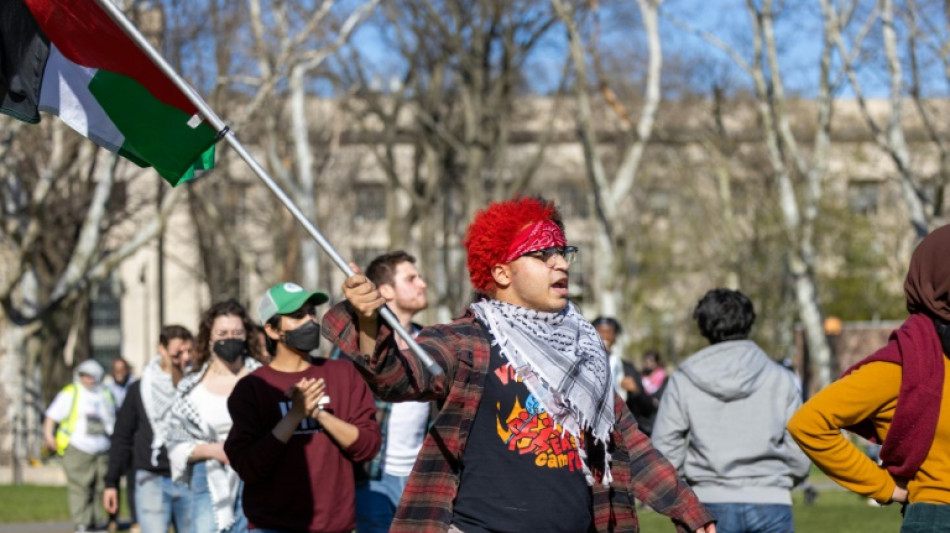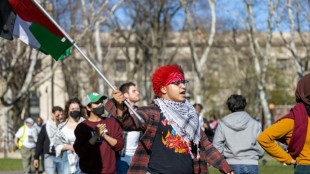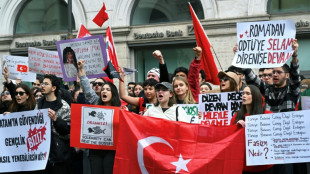

Harvard defies Trump demands for policy changes, risking funding
Elite US university Harvard risked billions of dollars in federal funding Monday as it rejected a list of sweeping demands that the Trump administration said are intended to crack down on campus antisemitism.
The call for changes to its governance, hiring practices and admissions procedures expands on a list Harvard received on April 3, which ordered officials to shut diversity offices and cooperate with immigration authorities for screenings of international students.
Harvard president Alan Garber vowed in a letter to students and faculty to defy the government, insisting that the school would not "negotiate over its independence or its constitutional rights."
Campuses across the country were rocked last year by student protests against Israel's war in Gaza, with some resulting in violent clashes involving police and pro-Israel counter-protesters.
Trump and other Republicans have broadly accused the activists of supporting Hamas, a US-designated terrorist group whose deadly attack on October 7, 2023 against Israel sparked the conflict.
"Although some of the demands outlined by the government are aimed at combating anti-Semitism, the majority represent direct governmental regulation of the 'intellectual conditions' at Harvard," Garber wrote in the letter.
The Department of Education announced in March that it had opened an investigation into 60 colleges and universities for alleged "anti-Semitic harassment and discrimination."
Garber's letter came after the administration placed $9 billion in federal funding to Harvard and its affiliates under review, making its first demands.
On Friday, the government sent Harvard a much more detailed list, which the university made public, demanding an "audit" of the views of students and faculty.
Garber said the school was "open to new information and different perspectives" but would not agree to demands that "go beyond the lawful authority of this or any administration."
"No government -- regardless of which party is in power -- should dictate what private universities can teach, whom they can admit and hire, and which areas of study and inquiry they can pursue," Garber said.
The response was in sharp contrast to the approach taken by Columbia University, the epicenter of last year's pro-Palestinian protests.
The Trump administration cut $400 million in grants to the private New York school, accusing it of failing to protect Jewish students from harassment as protesters rallied against Israel's Gaza offensive
The school responded by agreeing to reform student disciplinary procedures and hiring 36 officers to expand its security team.
As well as budget cuts to Columbia's federal funds -- with more threatened -- immigration officers have targeted a leader of the pro-Palestinian protests at Columbia, Mahmoud Khalil.
An immigration judge ruled Friday that he can be deported from the United States, his lawyer said.
Khalil's arrest triggered outrage from Trump opponents, free speech advocates and some on the political right, who said it would have a chilling effect on freedom of expression.
H.Gallo--IM



